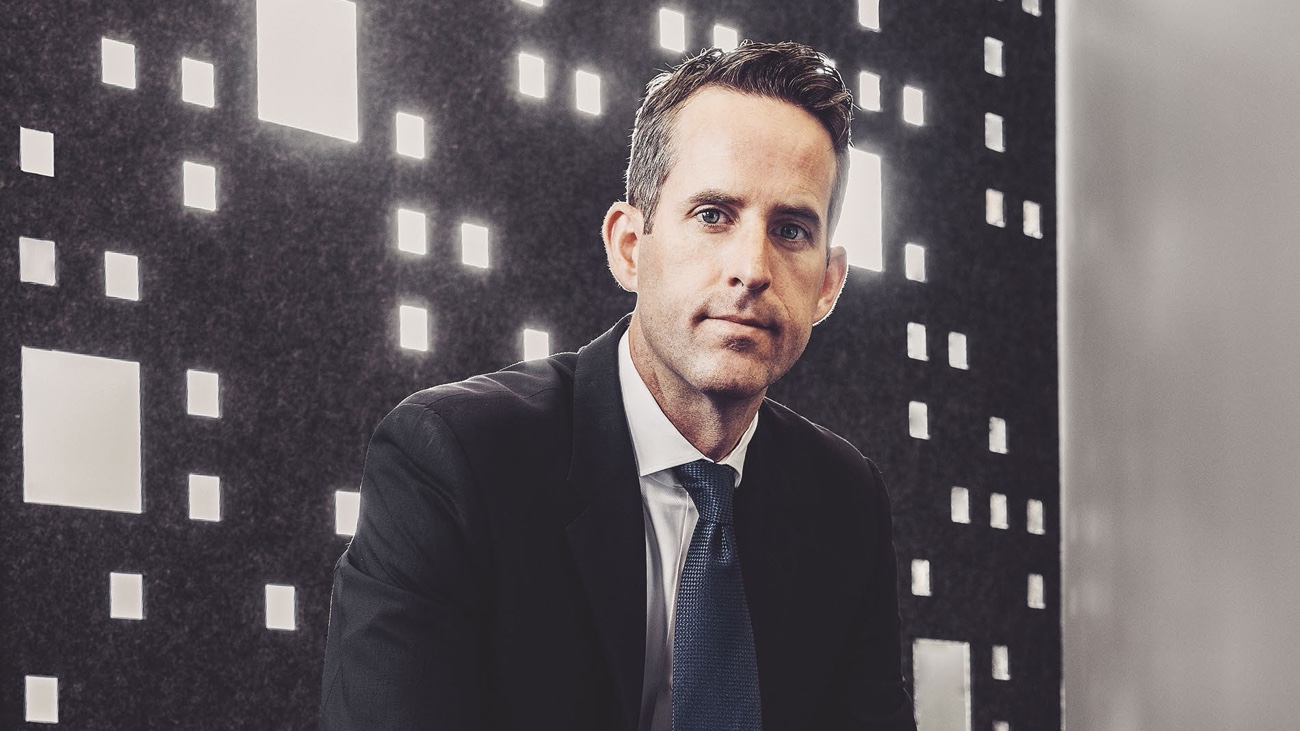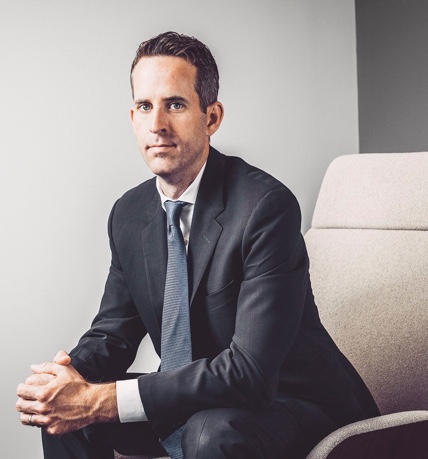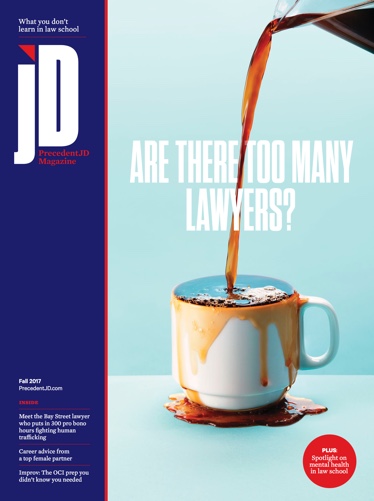
To work on Bay Street, do you have to abandon your social-justice values? It’s a cynical question, no doubt. But it’s one worth asking. After all, the interests of society don’t always mesh with the priorities of profit-minded corporations, which dominate the client rosters of Toronto’s largest law firms.
And yet, the answer is no: you don’t have to sell your soul to work on Bay Street. Chris Burkett, an associate at Baker & McKenzie LLP, is living proof. He spends hundreds of hours helping survivors of human trafficking and advancing the rights of workers overseas, all while hitting his billable-hour targets each year.
PrecedentJD sat down with Burkett to find out how the hell he pulls it off.
Let me get this straight: you’re an associate on Bay Street who spends 300 hours per year offering pro bono legal advice to women fleeing human trafficking. And the partners let you do that?

Chris Burkett, associate, Baker & McKenzie LLP
Year of call: 2007
Well, just like anywhere else, they didn’t let me do it on day one. First, I had to show that I had the goods, which meant doing quality work and meeting my billable-hour quotas. I’m a general litigator, so I still spend most of my time on labour arbitration, employment suits and fraud cases. But as long as I’m billing the right number of hours, I can take on projects I care about.
How did you start working with survivors of human trafficking?
Our managing partner, Kevin Coon, has a close relationship with Covenant House, which offers housing and social services to young women who’ve escaped the sex trade. He told me they were looking for an on-call lawyer. I jumped at the chance.
Why does Covenant House need an on-call lawyer?
Many people don’t realize this, but vulnerable women, born and raised in Toronto, are constantly targeted by traffickers. They are forced, through threats and physical abuse, into the sex trade.
When they break free, Covenant House is there to provide support. And they do great work. But these women often need legal help. If they’re scheduled to testify against their trafficker, for instance, I’ll prep them for court. Some face criminal charges — for drugs, theft or assault — so I’ll serve as their defence counsel. Sometimes, a trafficker will rack up significant Visa bills in a woman’s name, so I’ll negotiate debt relief.
Meanwhile, in your corporate practice, you help businesses develop human-rights policies. Tell me about that.
In the past few years, there’s been a spike in litigation against Canadian companies whose overseas suppliers had violated the human rights of their workers. The courts used to throw these cases out. But, recently, judges have made it clear that companies have some legal responsibility to safeguard the well-being of workers in their supply chains.
Once I noticed this, I started to tell the firm’s clients that if something goes wrong at a supplier — say, a factory collapses — they will be vulnerable to a lawsuit.
What’s your legal advice?
For one thing, that it’s more important than ever for companies to have robust human-rights policies. So if they don’t have one, I will help them write one.
I also help them rewrite contracts they have with their suppliers, to make sure they include clear rules about workers. Sometimes the rule is as simple as, ‘When people come to work for you, you can’t withhold their passports and travel documents.’
I’m sure you realize that, one day, a company will call you after a supplier has done something terrible. The company could have prevented it, but didn’t, and now faces a lawsuit. Will you take the case?
A lawyer should be able to advocate from both sides, so yes. But I’d also do my best to reduce the risk that it would happen again. I’d make them write a human-rights policy and audit their suppliers. That’s how I could make peace with it.
Look, I know lawyers get a bad name. I mean, how many lawyer jokes are there? But I never forget that my wife and I have three young children. I want them to know I’m a lawyer and feel proud.
Timeline of a Bay Street human-rights lawyer

1999: Burkett moves from Toronto, his hometown, to Kingston to study at Queen’s University. He majors in history.
2002: Burkett interns at the public defenders’ office in Washington, D.C. He helps the lawyers prepare their cases, mainly by interviewing witnesses.
2003: He starts law school at the University of Windsor.
2005: As a 2L, Burkett lands a summer job at Stikeman Elliott LLP in Toronto.
2006: Midway through his articling term at Stikeman Elliott, Burkett opts out of the hireback process. “It wasn’t the right fit,” he explains. “I wanted to be on my feet in court, and that’s hard to do early on at a big firm.” Burkett decides to apply for a Fox Scholarship, which, every year, sends two recent calls to London, England, to train as litigators. He’s selected.
2007: During that year in London, he shadows both a veteran barrister and a seasoned judge.
2008: Burkett begins work as an associate at litigation-boutique Lenczner Slaght LLP.
2010: He quits to become a Crown. “I still hadn’t been thrown into the fire of the courtroom,” he says. As a Crown, that finally happens. “On my second day, before I had even signed all of the paperwork, I conducted a domestic-assault trial.”
2011: Burkett moves to the employment and litigation groups at Baker & McKenzie. Why did he make the change? “I felt like practising as a Crown was too narrow. I wanted to be entrepreneurial.” At Baker & McKenzie, he carves out a niche helping corporate clients adopt human-rights policies. “It took a couple moves to find what I was looking for because I never wanted to settle for something I didn’t love.”

This story is from the 2017 edition of PrecedentJD Magazine
Photography by Jason Gordon
